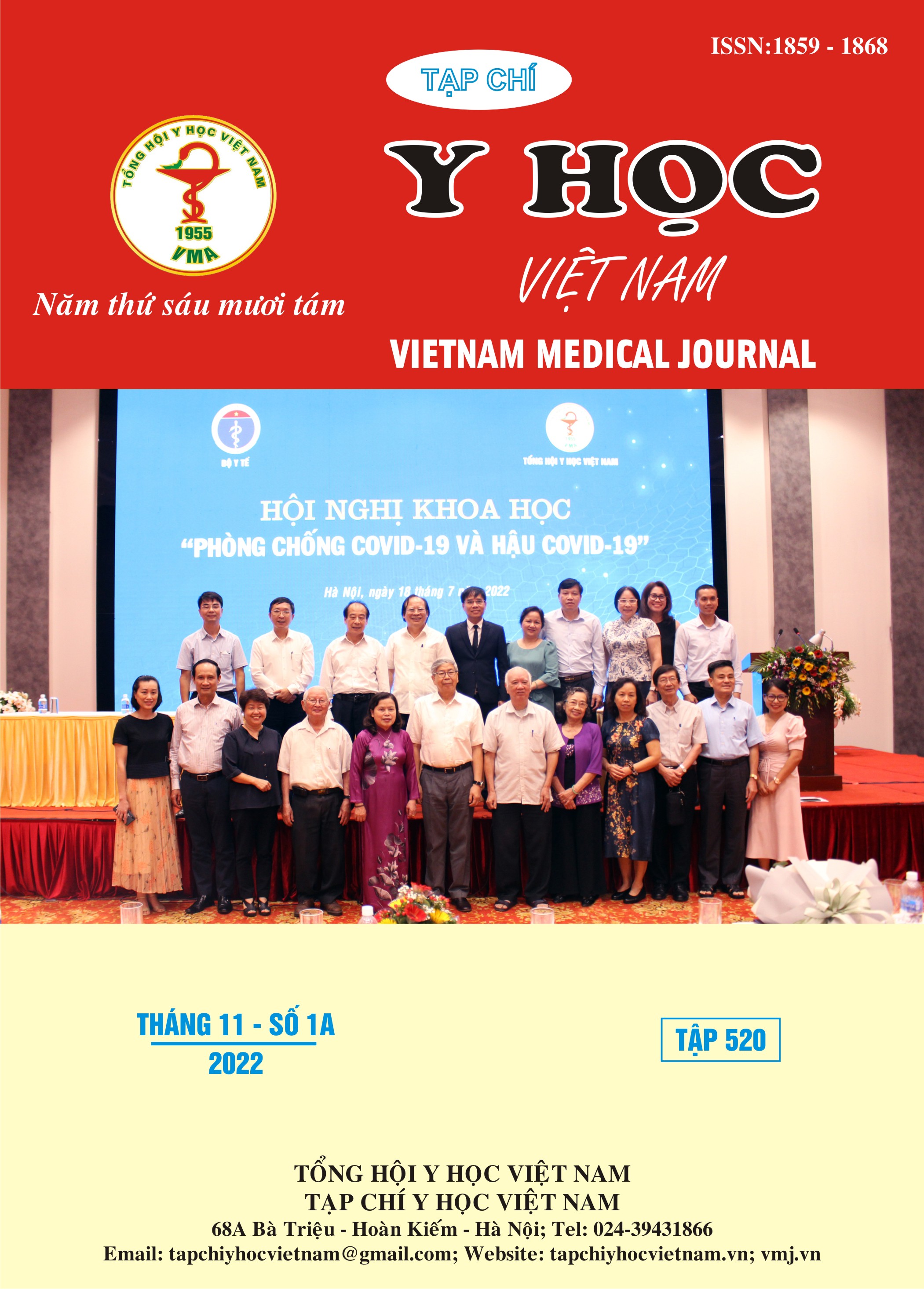PHYSICAL SELF-CARE AMONG MEDICAL STUDENTS AT 3 GRADE OF HANOI MEDICAL UNIVERSITY DURING ACADEMIC YEAR 2020-2021
Main Article Content
Abstract
Self-care has many positive effects on people's health and lives. There have been many implementation studies on self-care in patients with diabetes, blood pressure, heart failure, etc., but there are limited studies on medical students, physical. Methods: The study was conducted with the objective of describing the practice of physical self-care of 3rd year medical students at Hanoi Medical University, academic year 2020 - 2021. Cross-sectional survey was conducted on 263 medical students at Hanoi Medical University by self-reported online. Results: The average score of practicing physical self-care is 2,16. The mean score in male students was higher in girl studenst and there was statistically significant difference (p<0.05). 42.9% students often selected food with high cholesterol; 17.5% medical students used web more than 5 hours/day; 35.8% students had sleeping hours less than recommendations. Conclusions: its needed to improve awareness and facilities supports for medical students to have chance for self care well-being.
Article Details
Keywords
medical student, self-care, physical health
References
2. Lee E, Park E. (2017) Self-care behavior and related factors in older patients with uncontrolled hypertension. Contemp Nurse. 2017;53(6):607-621.
3. Ball S, Bax A (2002). Self-care in medical education: effectiveness of health-habits interventions for first-year medical students. Acad Med J Assoc Am Med Coll. 2002;77(9):911-917.
4. Dyrbye LN, Sciolla AF, Dekhtyar M, et al (2019) Medical School Strategies to Address Student Well-Being: A National Survey. Acad Med J Assoc Am Med Coll. 94(6):861-868.
5. Kemp S, Hu W, Bishop J, et al. (2019) Medical student wellbeing – a consensus statement from Australia and New Zealand. BMC Med Educ. 2019;19
6. Blake H, Stanulewicz N, Mcgill F (2017) Predictors of physical activity and barriers to exercise in nursing and medical students. J Adv Nurs. 73(4):917-929.
7. Bede F, Cumber SN, Nkfusai CN, et al (2020) Dietary habits and nutritional status of medical school students: the case of three state universities in Cameroon. Pan Afr Med J. 2020;35.
8. Corrêa C de C, de Oliveira FK, Pizzamiglio DS, Ortolan EVP, Weber SAT. (2017) Sleep quality in medical students: a comparison across the various phases of the medical course. J Bras Pneumol. 43(4):285-289.
9. Maheshwari G, Shaukat F (2019). Impact of Poor Sleep Quality on the Academic Performance of Medical Students. Cureus. 11(4), e4357.
10. Mboya IB, Leyaro BJ, Kongo A, Mkombe C, Kyando E, George J (2020) Internet addiction and associated factors among medical and allied health sciences students in northern Tanzania: a cross-sectional study. BMC Psychol. 2020 ;8.


